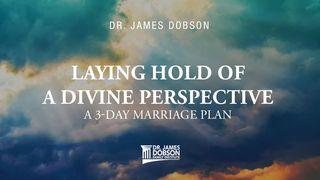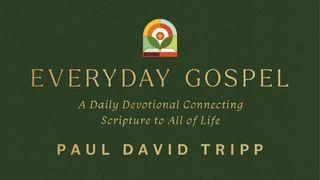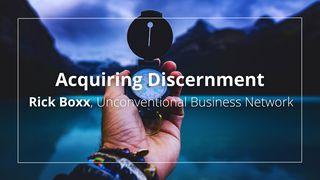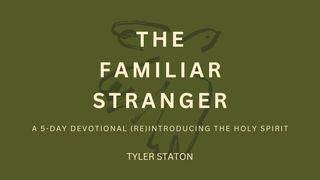For the Love - by Jen Hatmaker Sample

Poverty Tourism
Anytime the rich and poor combine, we should listen to whoever has the least power. Rich people are conditioned to assess the world through our privileges. The powerful tend to discredit or ignore the marginalized perspective because we can. We are shielded from the effects of a lopsided equation; we reap the benefits not the losses.
We don’t mean to do this (or even know we do), but we evaluate other communities through the lens of advantage assuming we know best, have the most to offer. In doing so we unintentionally elevate our perception.
If Americans work with poor communities, the partnership should be long-term (outside of emergency relief). We do not blow in and out, nor do we invent our own trip then find some random missionary to host us. If we go, let’s be prepared to go back. Prioritize the long-term health and dignity of the community, and to that end, relationships are critical.
We cannot go a mile wide and an inch deep in community development, because these are people, not projects. Pick your mission and invest with all your guts. Exchange names, numbers, emails, pictures, letters—evidence of commitment. Elevate local leaders and prioritize their authority year after year, because development is not stagnant and requires constant evaluation. Local leaders should only encounter respect, partnership, and loyalty.
We should set aside the value of our experience entirely. That benefit will come anyway, so don’t worry about it. With intelligence and critical thought, we can consider a community through research, partnership, listening, and learning. Ask new questions and raise the bar, understanding how some intervention can be neutral at best, destructive at worst—and surely we want better than both.
Consider the most broken elements of a community and partner toward urgent issues that affect lives rather than frivolous projects that waste money, time, resources, and opportunity. Remember the poor are capable, smart, actual people, and treat them with the respect they deserve. Battle every patronizing, pitying thought that robs them of humanity.
We can indeed help instead of hurt, and it is noble, necessary work. May we not send one more orphan group to muddy the church walls so we can paint again in July. Instead, may we come alongside that brave, courageous local pastor and ask, “Good brother, how can we help you empty this orphanage over the next twenty years?”
Scripture
About this Plan

The majority of our joys, struggles, thrills, and heartbreaks relate to people. In this 7-day devotional, best-selling author Jen Hatmaker speaks with refreshing wisdom, humor, and honesty about fighting for grace in a world of often seemingly impossible standards.
More
We would like to thank Jen Hatmaker and Thomas Nelson for providing this plan. For more information, please visit: http://amzn.to/2qLRyGj
Related Plans

Sound of Heaven: A 6-Day Devotional by Danny Gokey

In Her Image: Character Study of the Proverbs 31 Woman

Laying Hold of a Divine Perspective: A 3-Day Marriage Plan

Holy Spirit - Breath of God

Everyday Gospel: A Daily Devotional Connecting Scripture to All of Life

Esther’s Legacy: Embracing Your Role in God’s Sovereign Plan

Acquiring Discernment

The Treasure I Married: A 3-Day Marriage Plan

The Familiar Stranger
